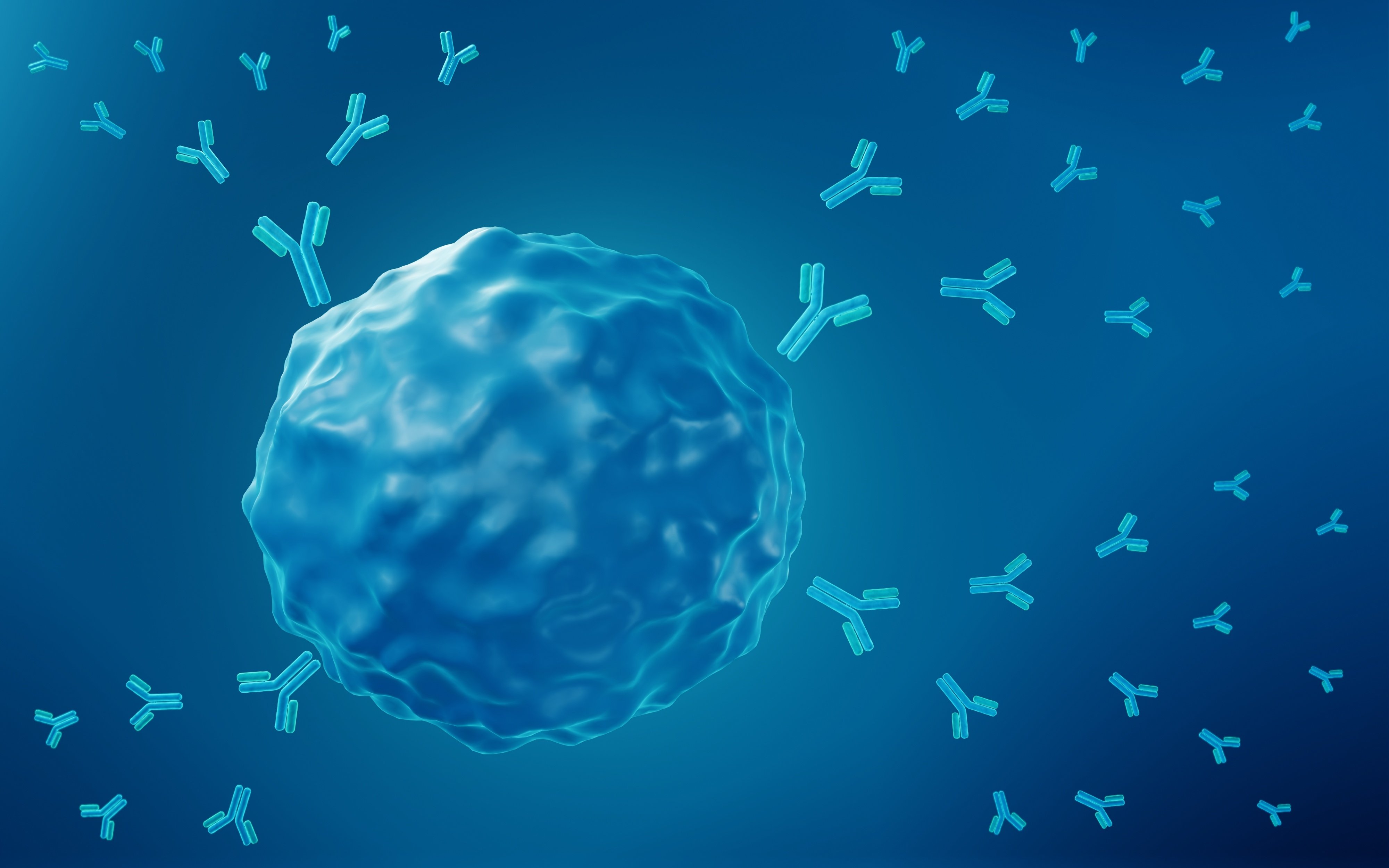
Harnessing Nature’s Antibody Engineering: The Power of Immunization and Affinity Maturation
For as much as scientists strive to replicate biological processes in the lab, sometimes there is just no beating nature. This is particularly true in the case of antibody development. While in vitro methods like phage display have made impressive strides, in vivo immunization remains the gold standard for generating exceptionally high-affinity antibodies. This is because evolution has spent hundreds of millions of years perfecting the immune system’s ability to recognize and bind to foreign molecules with remarkable precision.
Why In Vivo Affinity Maturation Remains the Unparalleled Option
Affinity maturation is the process that turns a rough-draft antibody into a high-performance research tool. It can take place either in vivo within the immune system of an animal or in vitro using laboratory methods like phage display. While the latter offers control and scalability, it comes with significant costs, requiring extensive infrastructure and expertise to generate high-quality libraries. In vivo systems take advantage of nature’s built-in optimization, generating diverse, high-affinity antibodies with minimal manipulation.
At Aviva Systems Biology, we lean into the natural strengths of in vivo affinity maturation, using rabbit immunization to generate a diverse range of high-performing antibodies. Rabbits have an especially robust immune system, producing antibodies with greater diversity, stronger binding affinities, and increased stability compared to rodent models. They also generate antibodies against mouse and rat antigens, making them particularly valuable for researchers working with these models.
The Rabbit Advantage
Rabbits may not be the first animals that come to mind when thinking about cutting-edge science, but in the world of antibody development, they are among the best.
- Diverse and High-Affinity Antibodies. Rabbits undergo a more complex B-cell maturation process than rodents, leading to a broader antibody repertoire and stronger immune responses.
- Enhanced Stability. Rabbit immunoglobulins have a unique structure that contributes to improved stability, making them highly reliable for research applications.
- A Single IgG Isotype. Unlike mice, which have multiple IgG subtypes, rabbits have just one. This makes their antibodies more structurally uniform and easier to characterize.
- Longer CDR3 Regions. The third complementarity-determining region of the light chain is longer in rabbits, a feature thought to contribute to the exceptionally high affinity observed in rabbit antibodies.
These advantages make rabbit immunization a powerful tool in our recombinant antibody development pipeline. With hundreds of carefully-curated antigens progressing through our pipeline, we have seen consistent, strong immune responses, leading to potent serum titers and high-quality antibody candidates.
Bridging the Gap from Animal Immunization to Renewable Antibodies
While animal immunization plays a critical role in the early discovery phase, recombinant antibody technology is transforming how researchers source antibodies. By cloning the genes encoding the best-performing antibodies from immunized rabbits, Aviva is able to produce antibodies at scale without continued reliance on animals.
This approach blends the best of both worlds. The immune system’s natural affinity maturation process generates antibodies with exceptional specificity and sensitivity. Once identified, the optimal antibody sequences are cloned and expressed recombinantly, ensuring a renewable and animal-free source of antibodies for future use. This eliminates batch-to-batch variability, enhances reproducibility, and provides a long-term solution for sustainable antibody production.
Recombinant antibodies also future-proof research. Traditional hybridoma-based monoclonal antibodies rely on finite biological sources, whereas recombinant production guarantees a continuous supply of identical, high-performance antibodies. Researchers gain a reliable tool they can trust for years to come without concerns over genetic drift, loss of hybridoma lines, or production inconsistencies.
The Future of Antibody Discovery
Aviva’s approach to recombinant antibody development reduces animal use while maintaining the benefits of natural affinity maturation. By leveraging immunization to produce the best initial candidates and transitioning to recombinant expression, we create antibodies that are not only highly specific and sensitive but also reproducible and scalable.
The future of antibody research is moving toward greater sustainability without compromising performance. By combining the strengths of in vivo discovery with the advantages of recombinant production, we ensure that researchers have access to the most reliable antibody tools available without the uncertainties of traditional production methods.
Scientists like you deserve high-performing antibodies that lead to reproducible results, at a reasonable cost. Recombinant antibodies offer the best solution to these concerns, and at Aviva, we aim to offer all of the above!


